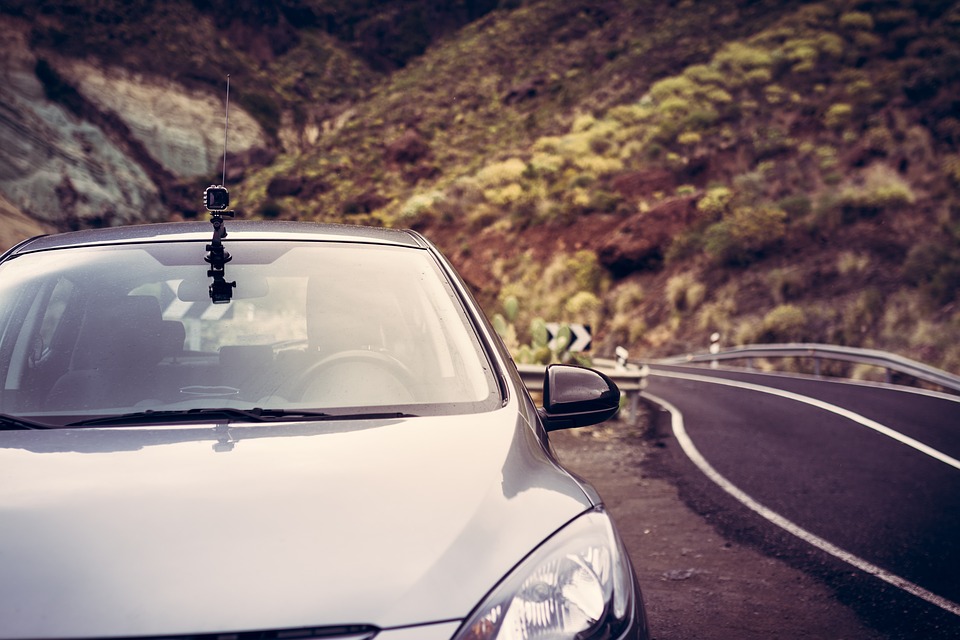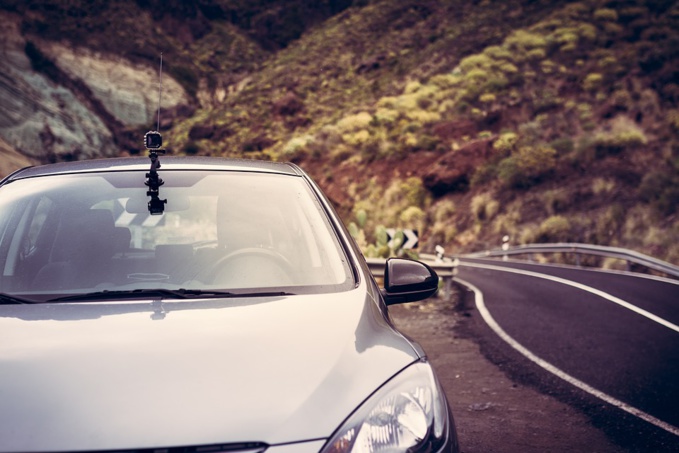The Ministry of Transport of Germany is going to create a special committee on ethical issues related to unmanned vehicles. Germany's Transport Minister Alexander Dobrindt told about this in an interview to the German newspaper Bild am Sonntag on this Sunday. "The question is, what algorithms should be set out for the car controlling computer, and also what the programmers may and may not do", - he said. According to Mr. Dobrindt, there should be two core principles: the material loss is always less important than personal injury, and people cannot be classified by any of grounds, such as age or size. Now, Germany is developing amendments to the legislation that would make use of completely unmanned vehicles on the road possible. These amendments can be prepared as early as this year. According to the Minister of Transport, a fully automated car will be equated to the driver. Mr. Dobrindt also said in an interview that drivers will not be charged with the additional responsibility: "Responsibility for the automated system will be on the producer".
From the very beginning of such cars development, computer manufacturers and the public have been brooding over ethical issues arising in connection with the advent of unmanned vehicles. The main problem here is that the decision-maker at the wheel is not a person but a computer. Ethical choices are impossible in critical situations, including those that are going to end up with an injury or death of any of the participants. Thus, car manufacturers raised a question of development of algorithms for unmanned vehicles, which would have replaced the human sense of ethics and morality. Discussions resumed after the May incident - the first fatal accident involving an auto piloted car Tesla S. The German newspaper Welt am Sonntag wrote on Sunday, referring to a representative of Federal Motor Transport Authority (KBA), that the regulator did not give approval for use of Tesla’s beta autopilots in Germany. KBA is going to study the autopilot’s operation. " If the designation "beta version" means "incomplete" software, the KBA will not approve it" - the newspaper quoted the regulator’s representative.
As a whole, experts believe that spread of unmanned vehicles would greatly reduce number of accidents on the roads since many of them are caused by the human factor. According to Ptolemus consulting company, the total number of accidents due to unmanned vehicles could be reduced by 30%. Mr. Dobrindt also said that he believes the automation of driving would diminish number of road accidents and victims. "However, no technical system in the world can guarantee absolute security," - he added.
source: bild.de
From the very beginning of such cars development, computer manufacturers and the public have been brooding over ethical issues arising in connection with the advent of unmanned vehicles. The main problem here is that the decision-maker at the wheel is not a person but a computer. Ethical choices are impossible in critical situations, including those that are going to end up with an injury or death of any of the participants. Thus, car manufacturers raised a question of development of algorithms for unmanned vehicles, which would have replaced the human sense of ethics and morality. Discussions resumed after the May incident - the first fatal accident involving an auto piloted car Tesla S. The German newspaper Welt am Sonntag wrote on Sunday, referring to a representative of Federal Motor Transport Authority (KBA), that the regulator did not give approval for use of Tesla’s beta autopilots in Germany. KBA is going to study the autopilot’s operation. " If the designation "beta version" means "incomplete" software, the KBA will not approve it" - the newspaper quoted the regulator’s representative.
As a whole, experts believe that spread of unmanned vehicles would greatly reduce number of accidents on the roads since many of them are caused by the human factor. According to Ptolemus consulting company, the total number of accidents due to unmanned vehicles could be reduced by 30%. Mr. Dobrindt also said that he believes the automation of driving would diminish number of road accidents and victims. "However, no technical system in the world can guarantee absolute security," - he added.
source: bild.de



















